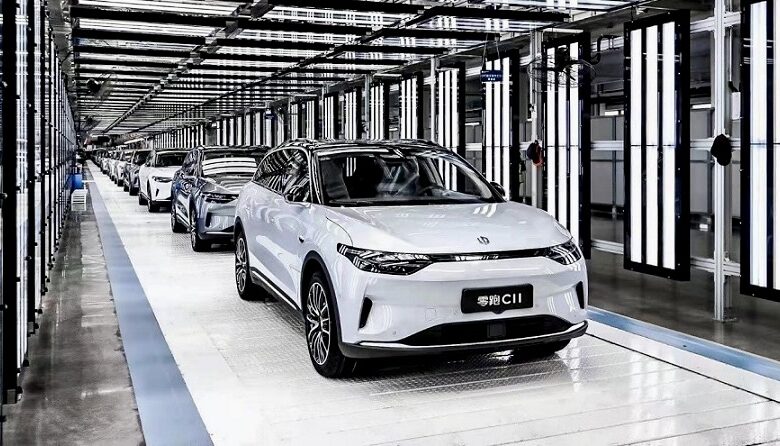
In a decisive move aligning with its Dare Forward 2030 agenda, Stellantis, in collaboration with Chinese electric vehicle (EV) startup Leapmotor, is set to introduce the first two EVs of their joint venture into the European market. The announcement, made during a joint press conference in Hangzhou, China, signifies a significant step forward in Stellantis’ electrification strategy.
The joint venture, christened Leapmotor International and headquartered in Amsterdam, will unveil two EV models, the C10 SUV and T03 City Car, under the Stellantis banner. These models are slated for release in September, with plans to introduce four additional vehicles by 2026. The initial rollout will target key European markets including France, Italy, Germany, the Netherlands, Spain, Portugal, Belgium, Greece, and Romania. Furthermore, Stellantis aims to extend the reach of Leapmotor EVs to markets beyond Europe, with plans to penetrate India, Australia, and South America.

This expansion strategy opens up the possibility of seeing Leapmotor products sharing showroom floors with esteemed Stellantis brands such as Alfa Romeo, Chrysler, Dodge, FIAT, Jeep®, and Ram in markets outside of North America.
During the press conference, Stellantis CEO Carlos Tavares addressed the potential for Leapmotor’s entry into the U.S. market through production in Mexico:
“I understand that, of course, if the Chinese would like to come to the U.S., they would eventually use Mexico as a sourcing base. I don’t know if this is something that would be acceptable for the U.S. administration,” Tavares stated.
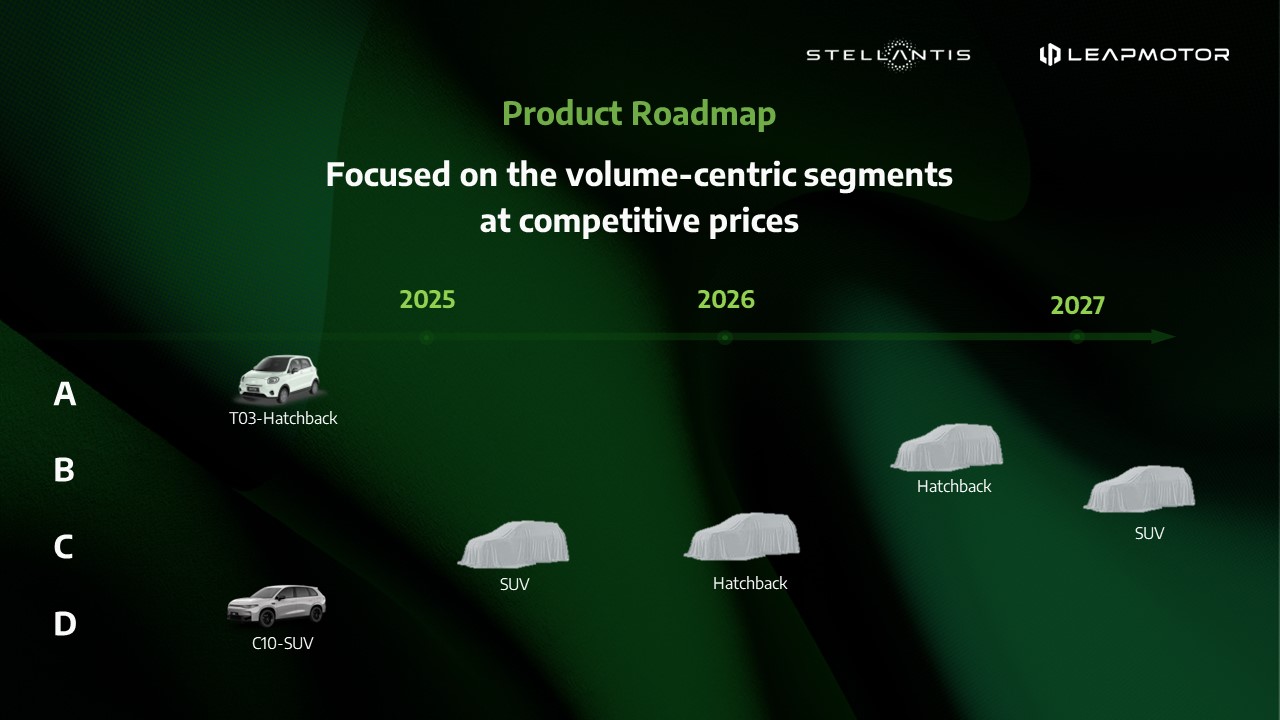
Tavares’ comments come amidst the backdrop of the Biden administration’s announcement of new tariffs on EVs and other products from China. He emphasized that if Chinese EVs were to enter the U.S. market, Stellantis would explore avenues to bring them in, citing the demand for affordable EVs priced below $25,000.
Despite a growing pushback from consumers, Stellantis remains steadfast in its focus on EVs for the U.S. market, contrasting the strategies of other U.S. automakers like General Motors (GM) and Ford Motor Company, which have diversified their future plans to include more hybrid vehicles.

Notably, the new Jeep® CEO, Antonio Filosa, hinted at the incorporation of hybrid powertrains alongside upcoming all-electric models. Furthermore, recent developments reveal plans to equip the Fiat 500e, produced in Italy, with internal combustion engines (ICEs). Interestingly enough, the Leapmotor T03 is a direct competitor for the 500e.
Tavares’ optimism regarding the potential success of Mexican-built Chinese EVs in the U.S. market has sparked curiosity and raised eyebrows. Such a move, however, could strain Stellantis’ relationship further with the United Auto Workers (UAW) union, an aspect highlighted amidst recent tensions.
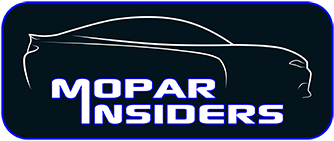

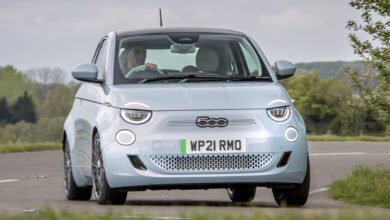
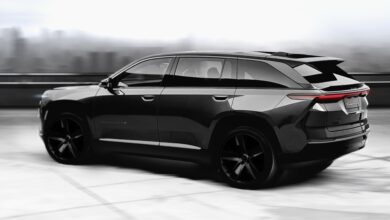
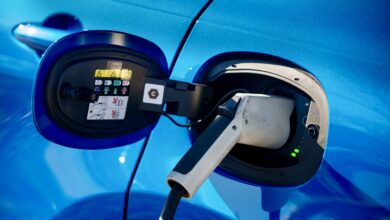
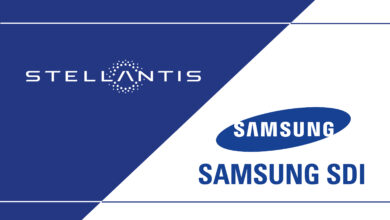
6 replies
Loading new replies...
Join the full discussion at the Mopar Insiders Forum →